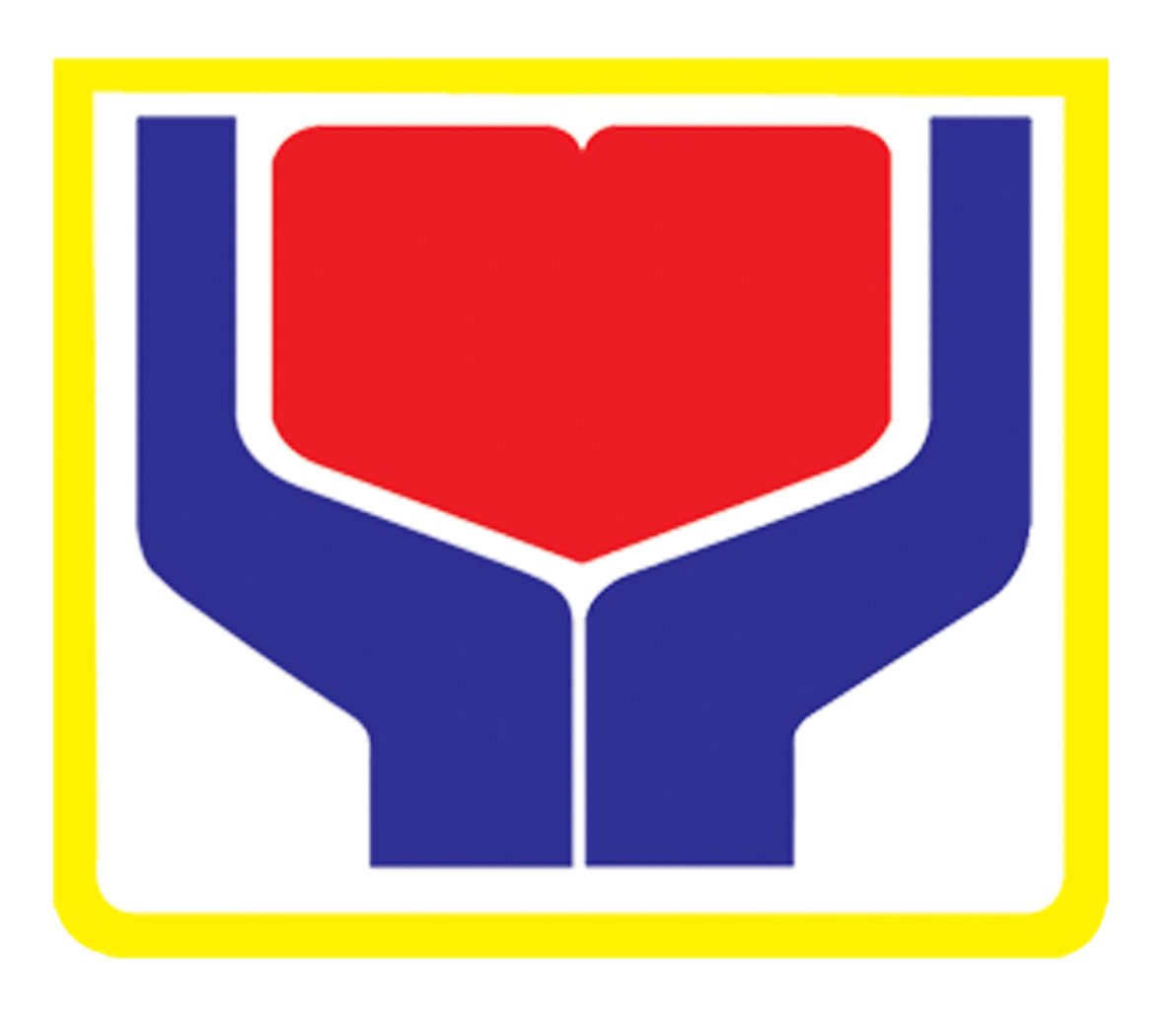The Bawal ang Epal Dito campaign, which was launched December last year nationwide by the Department, aims to protect the program and its beneficiaries from any election-related propaganda of politicians, candidates or any credit-grabbers. It also seeks to remind / educate beneficiaries of the program mechanics such as the selection and removal of households so they cannot be threatened by misinformation used by politicians to gain popularity or votes in the Elections.***
Beneficiaries of the Pantawid Pamilyang Pilipino Program are reminded to exercise their rights and vote wisely in the upcoming May 13 Elections. This is in line with the Bawal ang Epal Dito Campaign being conducted by the Department of Social Welfare and Development.
Under the campaign, beneficiaries are advised not to be persuaded by false claims especially among politicians / candidates. This includes threats that beneficiaries will be removed from program if they do not support a candidate, among others.
According to DSWD Field Office IV-A, the Bawal ang Epal Dito campaign aims to educate beneficiaries on their rights as voters and beneficiaries. Thus, beneficiaries should vote not based on fear from being delisted from the program but based on their own conscience and free will. Beneficiaries are also reminded that only DSWD has the power to delist them from the roster and only their non-compliance to program conditions can be a ground for their termination from the program.
The campaign, which was launched December last year nationwide, aims to remind / educate beneficiaries of the program mechanics such as the selection and removal of households so they cannot be threatened by misinformation used by politicians to gain popularity or votes in the Elections. The campaign also protects the integrity of the program by eliminating credit-grabbers in the picture.
To date, there are more than 250,000 household-beneficiaries of the Pantawid Pamilyang Pilipino Program in the CALABARZON Region. The program is a project of the National Government that provides conditional cash grants to qualified poor households to support the health and educational needs of children 0-14 years old.***
